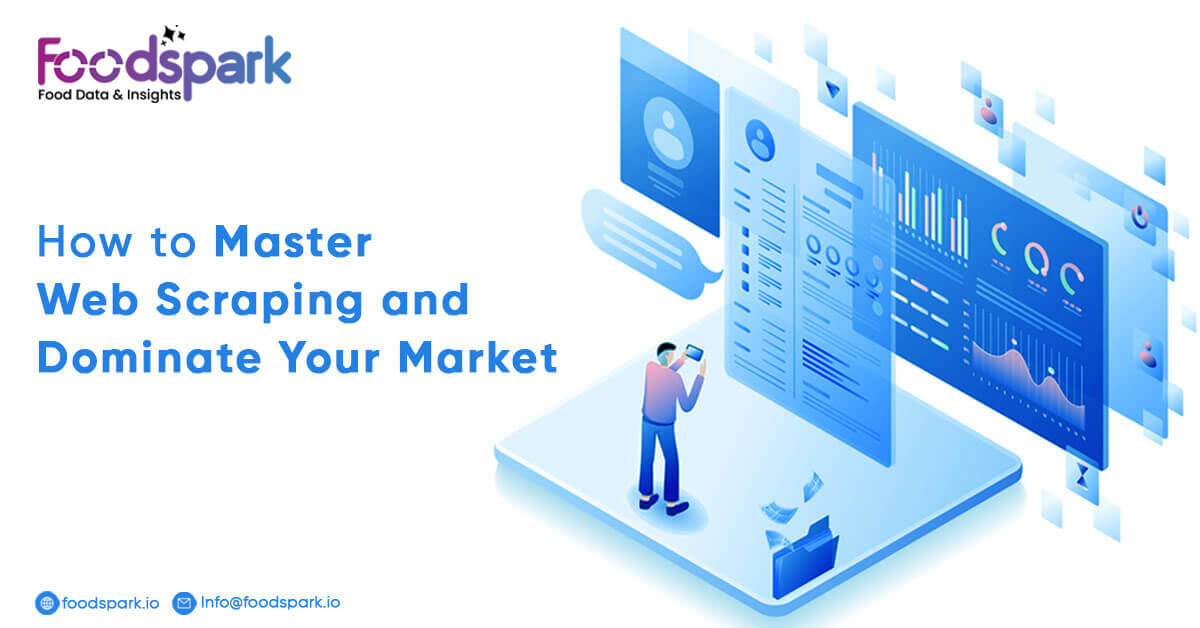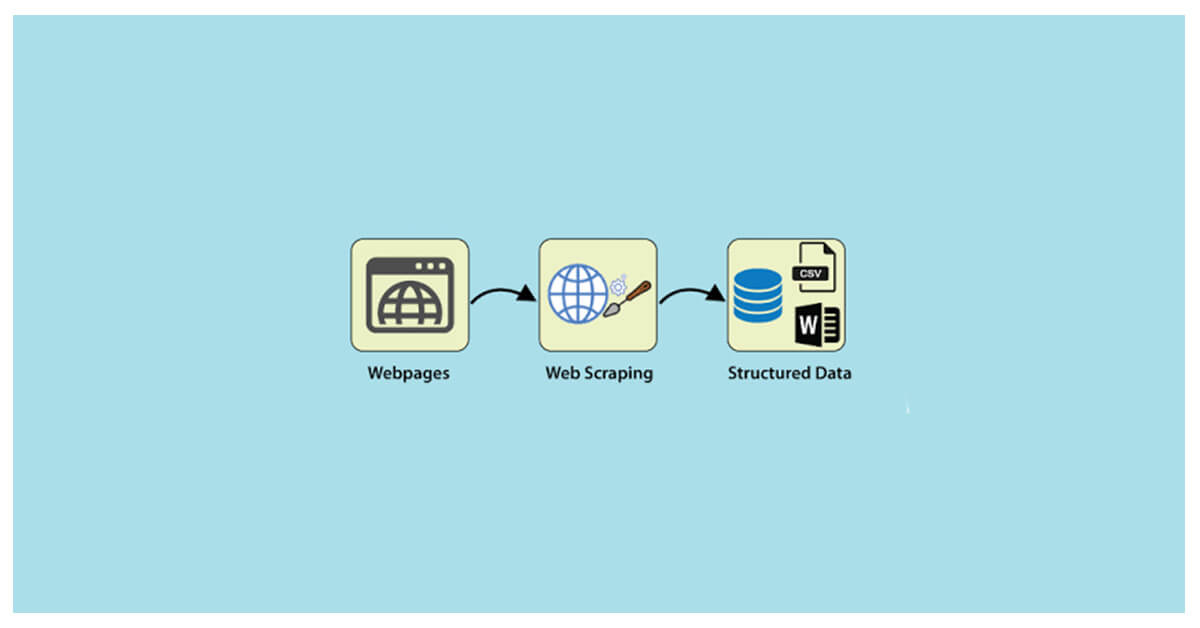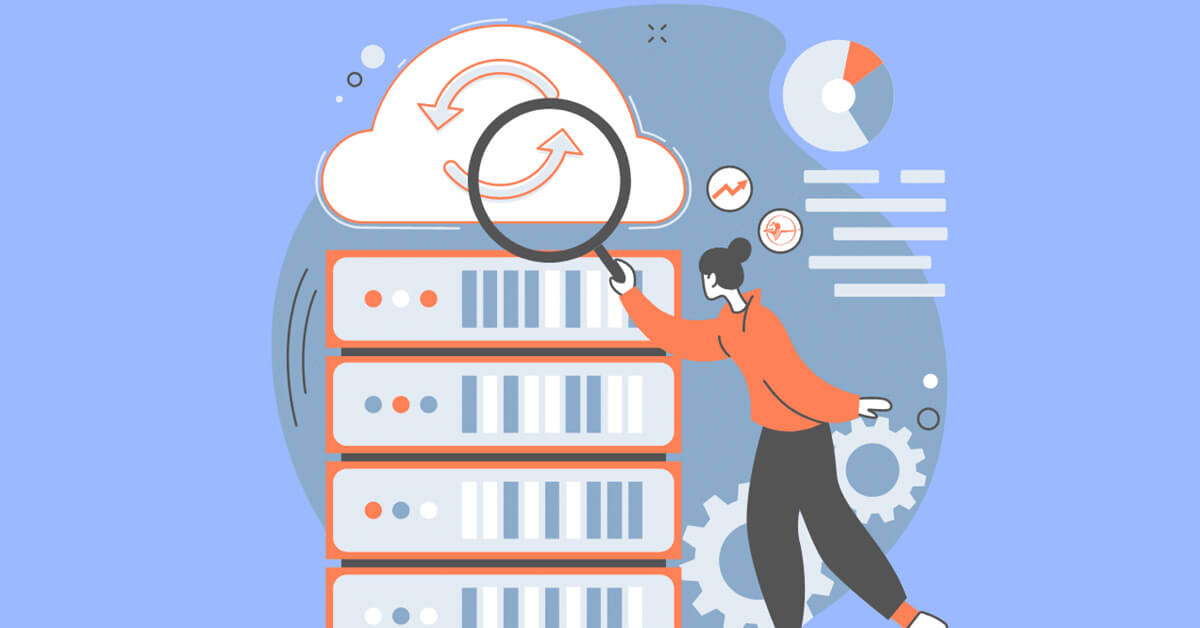Let's talk!
We'de love to hear what you are working on. Drop us a note here and we'll get back to you within 24 hours.

We'de love to hear what you are working on. Drop us a note here and we'll get back to you within 24 hours.

Welcome to the world of web scraping! If you are wondering what web scraping is, it is a superpower that allows you to extract data from websites. And why is this superpower so important, you ask? Well, web scraping can give your business an edge over others by providing you with valuable insights into restaurant industry trends that your competitors might not have.
For instance, with web scraping, you can collect data on your competitors’ product prices, customer reviews, social media activity, and other important metrics for your business. But you will need a few tools to help you before you can start scraping away. These include a reliable web scraper, proxy servers, and APIs. So, let us dive into the world of web scraping, where endless possibilities are!
Web scraping can be a powerful tool for businesses and individuals looking to gather large amounts of data quickly and efficiently. At its core, web scraping is the process of automated data extraction from websites using scraping techniques. These programs navigate websites and collect data according to predefined instructions, which can be anything from specific text or images to entire web pages.
The data types that can be scraped are virtually limitless, but common examples include product information, competitor pricing data, news articles, and social media posts. However, it is essential to note that while web scraping is a valuable tool, it has legal risks. The legalities surrounding web scraping can vary by country and can be complex.
To start with web scraping, you must choose the right tool for your needs. Popular options include Python-based libraries like BeautifulSoup and Selenium and dedicated web scraping tools like Import.io and Scrapy.
Once you have selected your tool, you must identify the data you want to scrape, inspect the website, and write your scraping code. Overall, web scraping can be a powerful tool for businesses looking to stay competitive in today’s data-driven economy. However, it is important to approach web scraping cautiously and comply with all relevant laws and regulations.

So, you’ve decided to dive into the exciting world of web scraping. Congratulations, you are about to join the ranks of some of the most successful businesses on the planet.
Firstly, identifying the data you need is crucial. Is it product prices, customer reviews, or social media mentions? Once you have that sorted, it’s time to choose the right scraping tool. You have many options, from free tools like Beautiful Soup and Scrapy to paid options like Mozenda and Octoparse.
Once you have the tools in place, it’s time to inspect the website and collect information. This includes analyzing the website’s structure, determining the data sources, and understanding the page layout. Finally, it’s time to write the scraping code.
This step can be daunting, but with a bit of practice and patience, anyone can master it. Remember to be patient, scrape responsibly, and have a backup plan if things go wrong. Now that you have the basics down, it’s time to start.

Web scraping may seem simple and straightforward, but like any other data-gathering technique, it comes with its own challenges. Below are some common roadblocks you may face when scraping websites. Dynamic websites can be a real pain in the neck. They are built with JavaScript or AJAX, meaning the content constantly changes. This makes it difficult to scrape the data because you never know what you’ll get.
One way to handle this is by using a headless browser like Selenium. A headless browser is a browser without a user interface, which makes it easy to automate browser actions. Getting access to login-protected content can also be a challenge. If you need to scrape data from a website that requires authentication, you’ll need to find a way to pass your login credentials in your scraping code.
One way to do this is using a cookie jar or a session. Working with websites that use JavaScript can be difficult because most web scrapers are not designed to handle JavaScript. The best way to handle this is using a tool that can render JavaScript, such as Splash or Puppeteer. Ensuring data quality is the final roadblock you’ll face when scraping websites.
You’ll need to clean and validate the data you collect to ensure accuracy and eliminate errors.
You can do this by using regular expressions or tools like OpenRefine. By being aware of these common roadblocks, you can better prepare yourself for the challenges of web scraping.
Remember to always respect website terms of service, limit the scraping speed, handle errors, and deal with CAPTCHAs to ensure a successful and ethical scraping process.
Web scraping is a valuable skill, but practicing web scraping best practices is essential to avoid legal consequences. First and foremost, website terms of service must be respected to avoid legal trouble. Secondly, limit your scraping speed to prevent overwhelming the website’s server. Handling errors is another critical aspect of web scraping.
When an error occurs, the scraper must be able to handle the situation and continue running smoothly. Dealing with CAPTCHAs is also crucial since some websites use them to prevent scrapers from collecting data. Automate solving CAPTCHAs to save time and avoid frustrating manual input. Remember, following best practices is vital in mastering web scraping! You must be excited to learn how to excel in this field, so here are some tips to help you get started.
So here you have some essential tips to help you master web scraping and dominate your market.
Web scraping is essential for any business looking to stay ahead of the game. With the future of web scraping looking bright, companies can utilize this technology to extract invaluable information from the internet and dominate their market. But it’s not all sunshine and rainbows.
Web scraping requires proper planning, preparation, and execution. It’s essential to follow best practices, avoid common roadblocks, and continuously analyze scraped data to remain relevant and successful.
The possibilities with web scraping are endless. With the right tools and mindset, companies can track changes in website content, avoid detection with rotating proxies, and store information efficiently. In short, web scraping is a valuable tool that can give businesses the competitive edge they need to succeed. So, what are you waiting for? Get scraping and start dominating!
January 21, 2025 B2B marketplaces use data collection to expand and maintain relevance in the food industry. Organizations can improve...
Read moreJanuary 2, 2025 Web scraping has now become an important strategy in the accelerating world of e-commerce, especially for businesses...
Read more